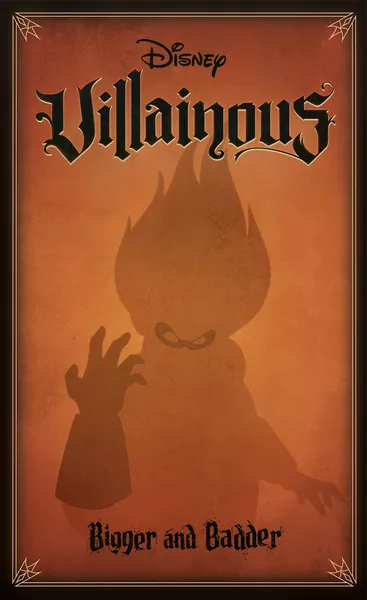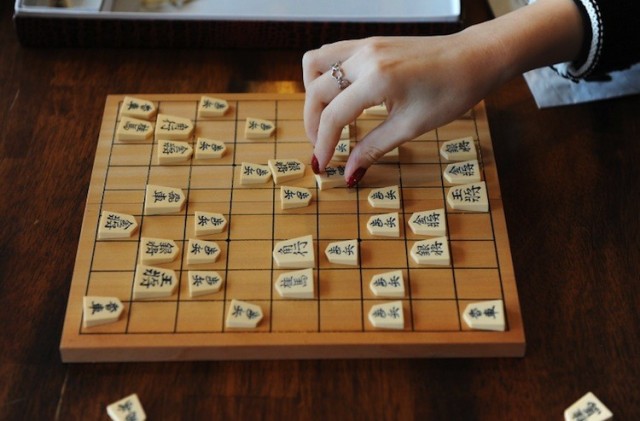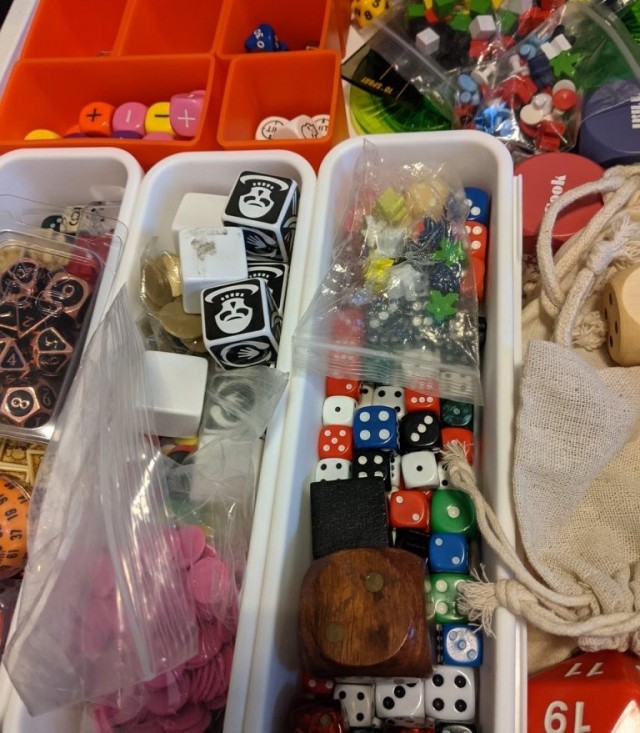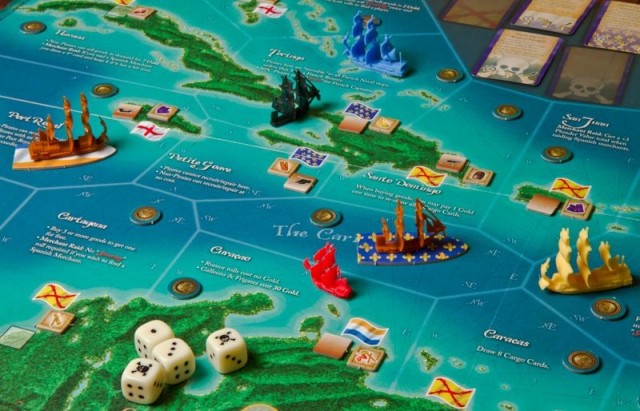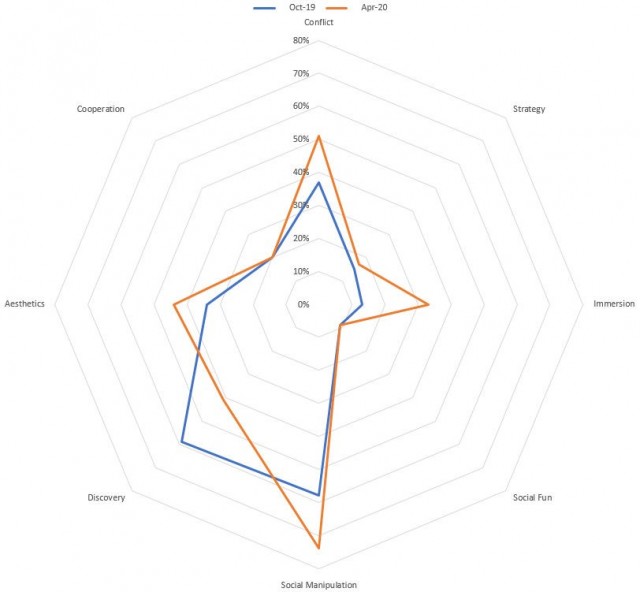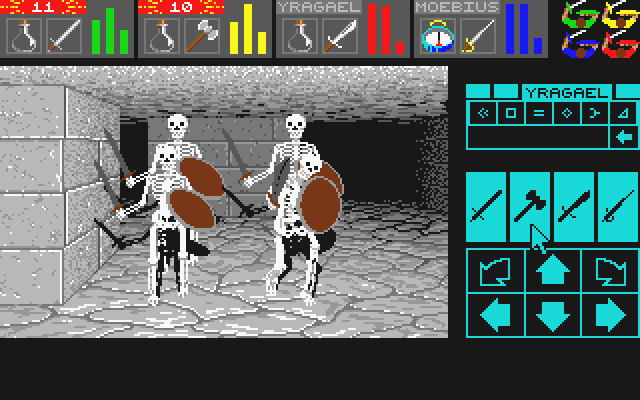Given the importance of actually communicating with one another using words which have a shared mutual understanding, I remain amazed that the word "weight" remains in frequent board gaming parlance without having been split or somehow qualified into several different terms, because there are so many different ways of understanding it in relation to gaming. The problem is illustrated easily by the game Go: to me, Go is a heavy game because it demands intense concentration during play. To many other people (and this is illustrated by its weight rating on BGG) it's a light game because it has few rules and is easy to learn.
The issue is further muddied because the term "complexity" is itself, well, complex, and that's really what the thrust of this article is about. There are a lot of issues around why different people treat different games and complex and why and frankly a lot of them seem pretty self-evident to me. Indeed I've discussed this briefly in the past. But I seem to have seen a lot of these arguments and misunderstandings repeated recently so I figured it was worth setting down my thoughts in a bit more detail.
The key issue at the heart of the debate is that the perceived complexity of a game has very little to do with the length of the rules, either in terms of pages or words, and everything to do with the perceiver. One of the best illustrations of this was a freebie wargame called Target Arnhem that Multi-Man publishing used to give away to people who came to their stand at conventions. Target Arnhem was a traditional hex-and-counter wargame that had just two pages of rules. Two fairly dense pages, mind, but still something the average gamer could read and digest in five minutes or less, and as such it was commonly touted as a near-perfect introduction to the genre: good-looking, free and very easy to grasp. I had no trouble getting to grips with it all, and so I was pretty amazed to discover that a lot of the Eurogamers who tried it found it a pretty steep learning curve, something they could certainly play but which required frequent recourse to referencing the rules during the course of the first couple of games.
The trouble was that although Target Arnhem had relatively few rules, being a hex-and-counter game it featured some common wargame concepts such as zones of control that are rarely encountered in other game styles. And it was that unfamiliarity that some gamers were struggling with. If you are used to a style of game in which direct interaction is rare, let alone unit-on-unit conflict, the idea of a zone of control might well take some getting used to.
The same holds true across the board. The reason I chose to use the example of Target Arnhem baffling some Eurogamers is because a lot of Eurogamers profess bafflement that some people could have trouble grasping the mechanics of some of the easier Eurogames. And I've seen it happen: not all that long ago I played a game of Dominion in which a new player, someone who enjoyed mainstream games but who was only passingly acquainted with Euros, struggled through an entire game in polite incomprehension of what was going on, asking rules questions on every hand and dragging out what should have been a 15-20 minute game over an hour. And this is Dominion a game which professes to have only three rules! What could be going on here?
Well the basic problem is unfamiliarity with the core concept of the game. Dominion might not have many rules but the structure of strategy and play bears absolutely zero relation to the sorts of games mainstream games most people are familiar with, in the same way that it bears no relation to the sorts of game exemplified by Target Arnhem. If a game doesn't match your preconception of what a game should be and how it should play you're going to have a hard time getting to grips with it, no matter how few rules it presents because the rules only tell you how to play mechanically, they give you no clue has to how to play in a manner that helps you progress toward your goal in a meaningful fashion. And let’s be clear: I'm not talking about strategy primers, just the concept of trying to assemble a set of mechanical actions in your head in such a manner as to start making vaguely sensible moves toward where you want to go. Indeed I've found that Euros present a particular barrier in this regard because of their lack of theme. Put a map, even an abstract one such as a chess board, in front of most people and they'll instinctively grasp that you're supposed to be moving pieces across it in a vague approximation of real things moving in real space. But a lot of Euros dispense entirely with a map and go straight for an abstract accounting style that leaves new players struggling to find a crack in which to insert a metaphorical crampon and begin the ascent.
Add in to this mixture the common inability for gamers to see things from other people's point of view, especially when it comes to games themselves, and you've got a recipe for trouble. For a long time I found the rules length to Twilight Imperium 3 off-putting. But when I actually sat down to learn them I was amazed to find how intuitive I found them: halfway through I found myself able to correctly guess how other game mechanics which had yet to be introduced were going to work. And so when I reviewed it I told people that it's reputation for complexity was ill-deserved. And yet I've been forced to eat that ill-chosen opinion as I've struggled over and over again with teaching it to new players, even those who were seasoned gamers themselves. The fact was that since empire-building style "dudes on a map" games are my bread-and-butter and I'm a sci-fi fan, I found the rules to Twilight Imperium 3, which is just a particularly complex game of that style, easy to digest because they were full of concepts from games I already understood well. On the flip side even I, an apparently seasoned gamer, took several games of Puerto Rico before I got the hang of it because I was looking for strategies and tactics that hinged on a spatial dimension to the game which didn't exist.
This is why the sporadic outcries in the community over the occasional mainstream newspaper piece where they do things like say "Ticket to Ride. Unnecessarily complicated" is misplaced. It's not poor journalism like many in the gaming community would like to imagine, it's just a normal and perfectly understandable reaction to something unfamiliar. About the worst you could claim of the people that pen these pieces is that they didn't play the game enough. And frankly, if they didn't like the games in the first place, why would they bother? The opinion they offer is entirely correct for the audience they're aiming at: non-gamers writing for non-gamers. So the fact it elicits so much nerd-rage is rather sad, and ironically the gamers who get angry about it are actually perpetuating the problem by failing totally to understand why it is that hobby games seem to baffling to many newcomers.
Weight and complexity are also very subjective in the sense that they can be applied to different aspects of game play. Some people use them to refer to rules length, as we've already discussed. However other people use them in terms of depth of strategy and indeed that's the way I tend to use and understand the term. Other people can refer to a heavy game as one with a lot of paranoia or hidden information because such games can be very emotionally tense. A further meaning is in terms of the importance of decision making: in this sense a heavy game is one which will penalise a poor decision very severely, making it inaccessible to new or poor players. Even within the commonly accepted meaning of rules weight there is room for misunderstanding because some apparently simple looking games can become very difficult to learn if the rules are laid out badly. Or perhaps more commonly if the apparently easy rules contain multiple exceptions or a series of rarely-applied rules which are easily forgotten in the heat of a game session.
So really all this article is asking for is that gamers ought to try and extend a little more understanding. I've seen a lot of pointless and aggressive arguments about whether or not certain games are simple to learn and play or not and that's hardly surprising. If someone tells you a game is easy to get to grips with and you don't find it so you're going to feel like an idiot. But people on both sides of those debates need to remember what a slippery minefield they're in, making sure that everyone is using words like "weight" and "complexity" with a shared understanding of what they're using them to mean, and with an appreciation that a different gaming history can lead to some things looking more approachable than others. But most of all as gamers we could all do with offering a little more understanding of how and why titles that we find highly accessible present a very steep learning curve to those outside the hobby. If we can manage that then maybe, just maybe, we might begin to find that toehold in the mainstream that we all seem to want so badly.
 Matt is the founder of Fortress: Ameritrash. He is also a regular columnist for Board Game News.
Matt is the founder of Fortress: Ameritrash. He is also a regular columnist for Board Game News.
 Games
Games How to resolve AdBlock issue?
How to resolve AdBlock issue? 
